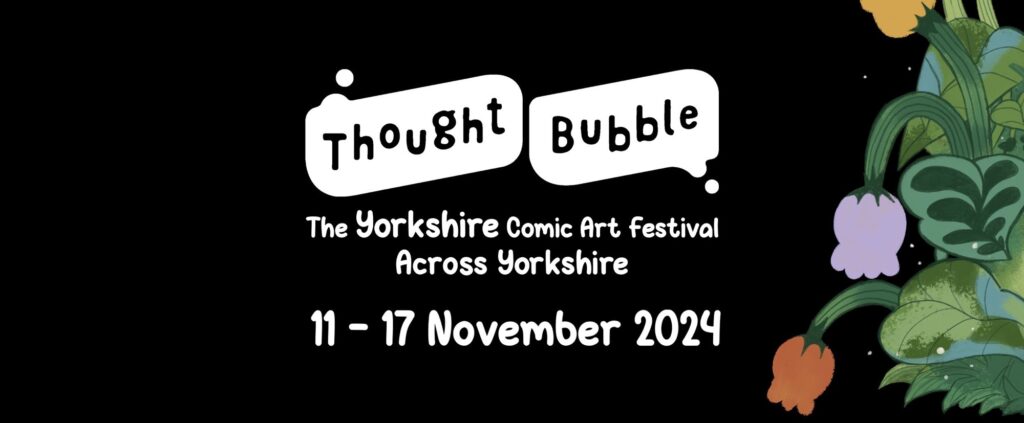Crowdfunding has become a popular method of financing, similar to how Uber and Airbnb have revolutionized the taxi and hotel industries. It involves raising money from a large number of individuals through online platforms. Crowdfunding brings together smaller investors or donors to support businesses, startups, or personal initiatives. It allows individuals or organizations to pitch their ideas to potential investors and raise a specific amount of money.
There are four main types of crowdfunding. Reward-based crowdfunding involves backers receiving a tangible item or service in return for their investment. Equity crowdfunding allows investors to receive a stake in the company. Debt crowdfunding, also known as peer-to-peer lending, involves backers lending money to the project with the expectation of repayment with interest. Donation-based crowdfunding allows people to donate to causes or projects without expecting anything in return.
Crowdfunding offers several advantages for startups. It provides an alternative to traditional bank loans or giving up equity to venture capitalists. It can also help validate the market and build a community of early adopters. Crowdfunding campaigns can serve as marketing campaigns, attracting customers, investors, and media attention. Additionally, crowdfunding carries relatively low financial risk for startups, as repayment is not required if the business fails.
However, there are also challenges and downsides to crowdfunding. Running a successful campaign requires significant effort and can be costly. Sharing ideas publicly exposes them to potential competitors and criticism. Successful campaigns have obligations to deliver on promises made to backers. Additionally, crowdfunding platforms charge fees on the funds raised, which can impact the total amount received.
To run a successful crowdfunding campaign, startups should focus on having a unique and well-conceived product that addresses a market need. They should also carefully manage the economics of the campaign and set realistic goals. Crafting a compelling story is crucial for attracting backers and creating emotional investment. Startups should consider seeking help from marketing specialists, product development experts, and logistics professionals. Finally, sharing experiences and supporting other crowdfunding campaigns can contribute to the community spirit of crowdfunding.



